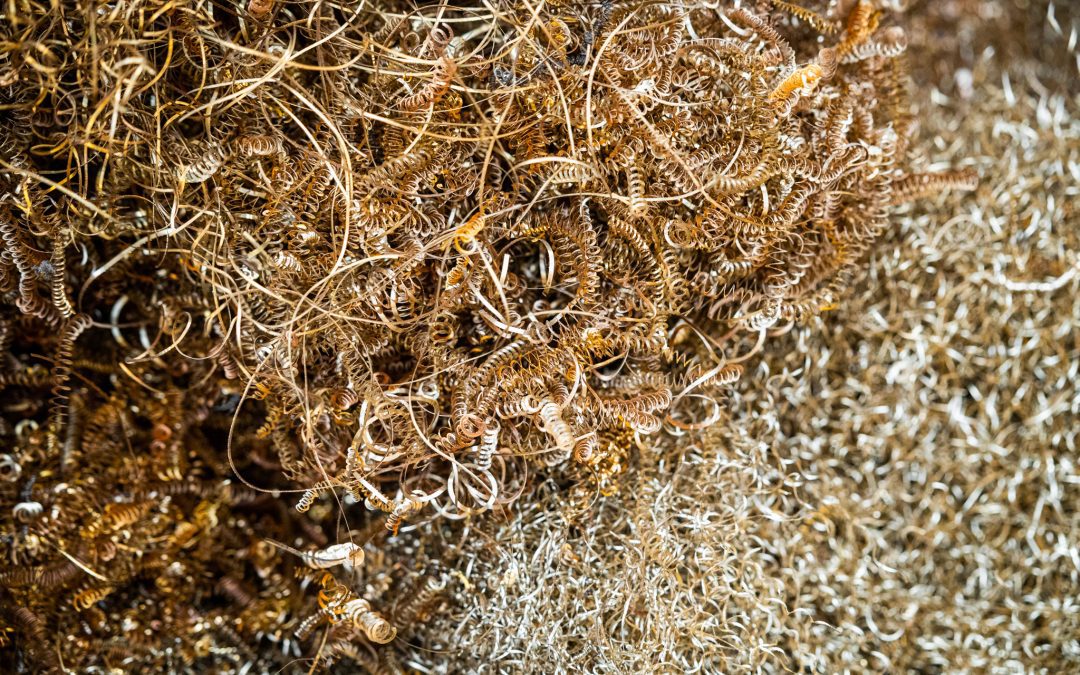One of our guys went to the dentist the other day. It was just a routine cleaning, but he came back quite alarmed. The dentist told him that he had a “super eruption.”
Was he going to lose all of his teeth?
A bit of Google-ing later, we were able to reassure him that everything was fine. A few years back, he had to have one of his lower molars removed. Because there was nothing to rest against, his upper molar had dropped down a little bit. This meant that he had to spend an extra moment each day during his brushing and flossing, but it was nothing to be concerned about. The official medical term for this was “super eruption” of the tooth.
No big deal.
It made us think, however, about some of the terms that we use around Bee Green Recycling. In our blogs we’ve talked about the definitions of some things, like what makes a metal “ferrous,” but there are a lot of words that we bandy about that many folks don’t understand.
Here are some of the more common ones:
Alloy: If something is pure copper or pure brass, then it’s copper or brass. If it’s a “copper alloy” it means that it contains copper but also at least one other element.
ASR: Much of a vehicle can be recycled. From a metal recycling standpoint, we don’t want things like tires and fluids. Once a car has been stripped and shredded, you’re left with “automotive shredder residue,” or ASR.
Baler: This is a machine that takes sorted metals and compresses them into handy “bales” that makes it easier to ship.
Blister: If gas bubbles up during the manufacturing process, tiny blisters can develop on the surface of the material. This decreases its value.
LME: One of the go-to resources for pricing scrap metal is the London Metal Exchange, or LME. It’s like the Wall Street of scrap metal.
Tramp Elements: Things like copper, nickel and tin can be valuable as scrap, but if you’re trying to process decent steel, you don’t want them mixed in. They are considered interlopers, or “tramp elements.”
Turnings: When converting raw metals into things like plumbing pipes or ball bearings or radiators, there are small shavings of metal left over. These are known as “turnings.”
Virgin Metal: Once a metal has been recycled, it loses a bit of its value. A metal that is coming directly from ore – mine to manufacturer – is considered a “virgin metal.”
White Goods: This refers to household appliances, most of which are white.

Recent Comments